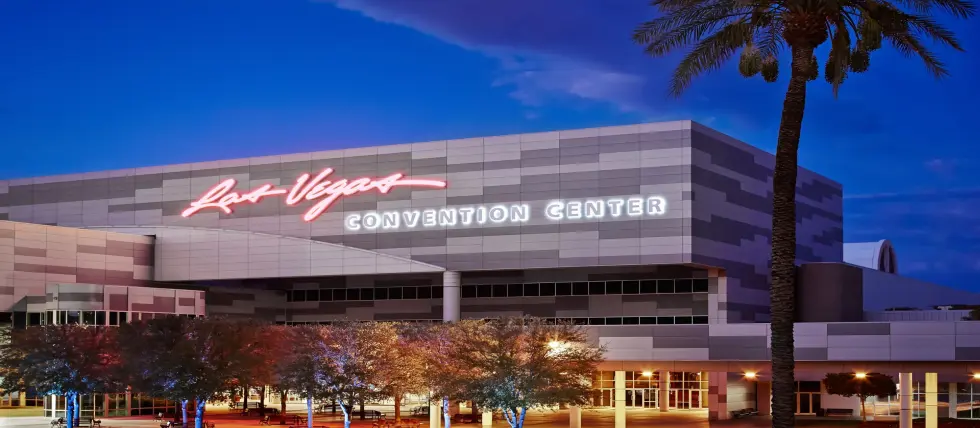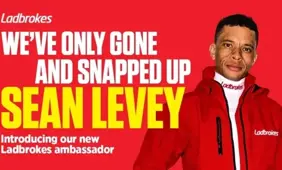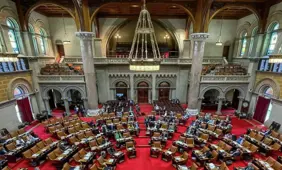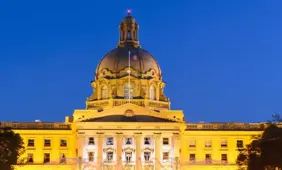Las Vegas Taxpayer-Led Tourism Bureau Paying Millions to Influencers
The Las Vegas Convention and Visitors Authority (LVCVA) is under scrutiny for its spending habits once again. The taxpayer-funded agency has allocated over $2.2 million to influencer campaigns to promote the city, according to the Las Vegas Review-Journal, but isn't revealing the nature of the payments.

The LVCVA has refused to disclose the exact compensation for each influencer, claiming it's a trade secret. Ben Lipman, chief legal officer at the Review-Journal, strongly disagrees. He asserts that state law provides no exemption for concealing public funds paid to contractors or vendors. Lipman deems this information crucial for public accountability.
The LVCVA's spending has been a recurring point of contention. In May, it announced $100,000 bonuses for each Las Vegas Aces basketball player. Additionally, LVCVA President and CEO Steve Hill revealed the agency employs over 100 influencers.
Related: Las Vegas Convention Center Receives $600 Million Renovation and Upgrade PlanIn response, the Review-Journal filed an open records request to scrutinize influencer spending. The LVCVA has repeatedly delayed releasing the requested information, providing only redacted contracts.
Hill defends the delays and redactions, citing a surge in open records requests following the Aces sponsorship announcement. He insists the LVCVA is justified in withholding influencer payments under the trade secrets exemption.
Despite earning nearly $600,000 annually, Hill claims ignorance about the influencer program specifics. He declined to make informed staff available for interviews, requesting written questions instead.
Nick Mattera, a vice president at Ykone, the agency contracted by the LVCVA for many influencer deals, also declined to comment without prior written questions for review by the convention authority.
More Business News
Dubious Spending Track Record
The LVCVA has a history of questionable spending. A 2017 Review-Journal investigation exposed lavish expenditures on luxury items, employee gifts and travel for executives and board members.
Further investigations revealed misuse of convention center security personnel as chauffeurs, lax control over a warehouse of high-end gifts, and attempts to secure airline upgrades for the then-CEO's wife. These revelations led to a formal audit, resulting in felony charges against former executives for misusing Southwest Airlines gift cards. The charges were later reduced to misdemeanors.
Steve Hill, who replaced the previous CEO, promised transparency and accountability upon assuming the position in 2018. However, the current dispute over influencer payments contradicts this pledge. The Review-Journal's open records request, filed on May 23, has faced multiple delays and redactions.
Lipman argues that readily available records should be produced immediately, with delays justified only when document retrieval takes longer than five business days.
State law mandates a five-day response to open records requests, with extensions requiring prior notification to the requester. Despite these regulations, the LVCVA failed to meet deadlines and provided insufficient explanations for the delays.
RELATED TOPICS: Business
Most Read
Must Read
 Interviews
Interviews
Sweepstakes Casinos: Thriving in an Ever-Changing Industry – Interview with Attorney Stephen C. Piepgrass
Feb 17, 2025 Interviews
Interviews








Review this New Post
Leave a Comment
User Comments
Comments for Las Vegas Taxpayer-Led Tourism Bureau Paying Millions to Influencers